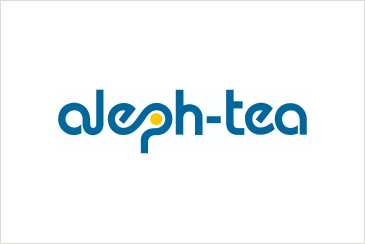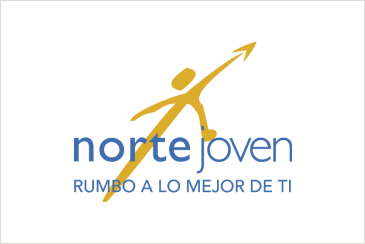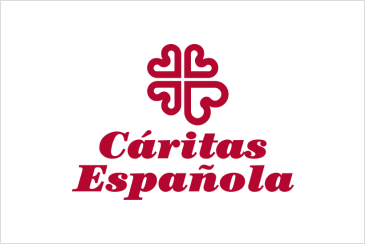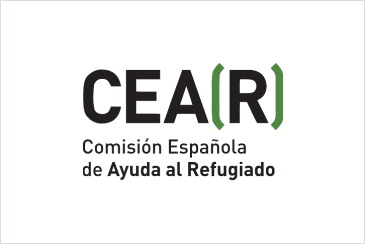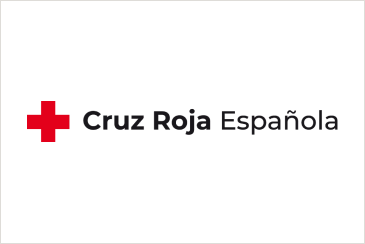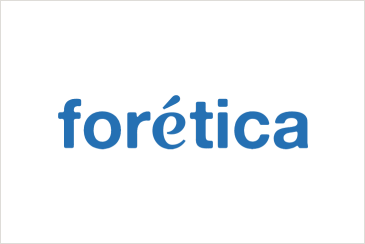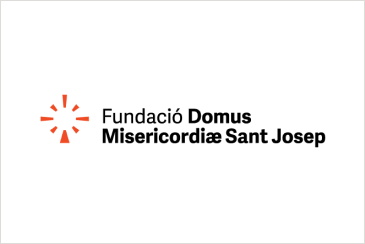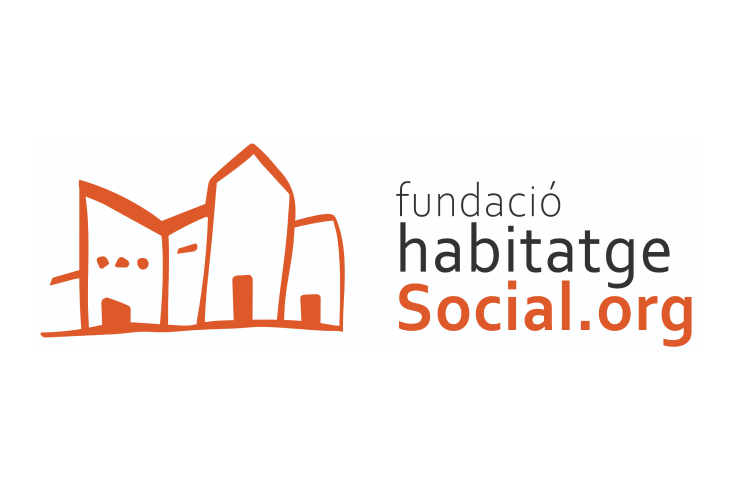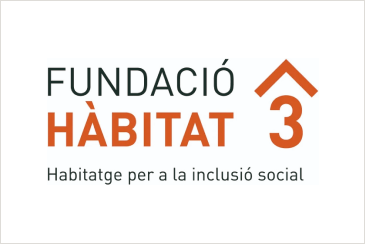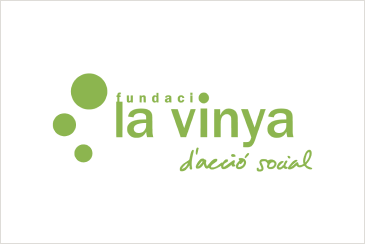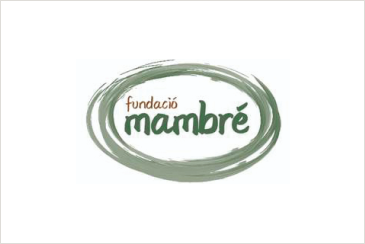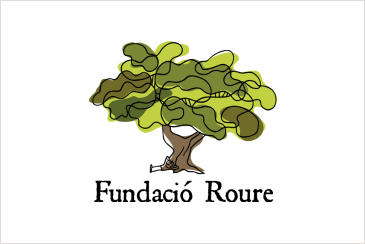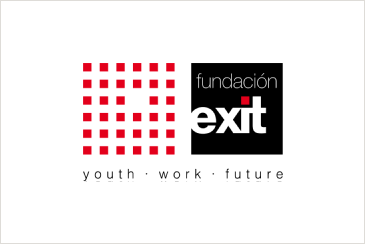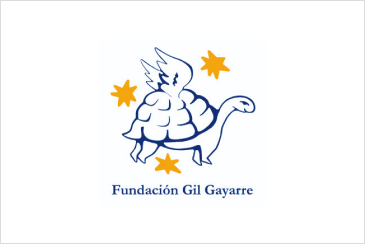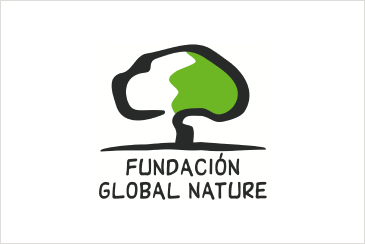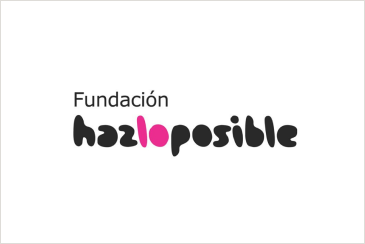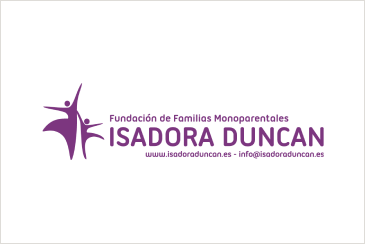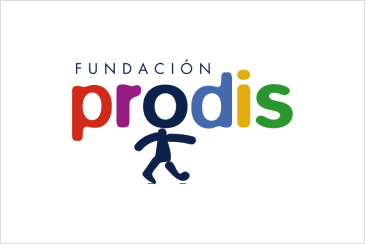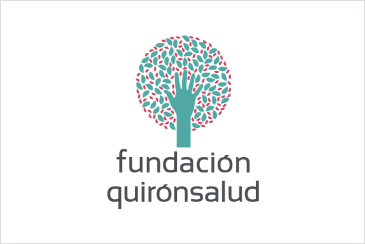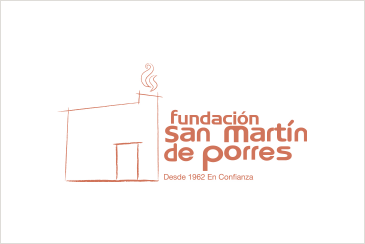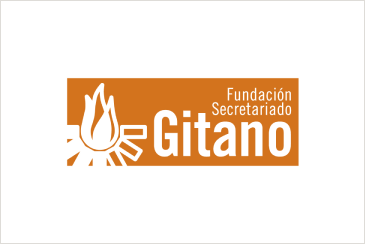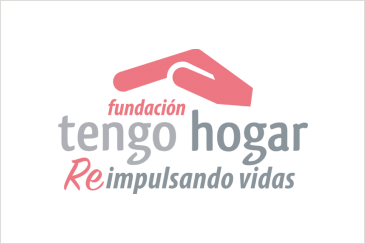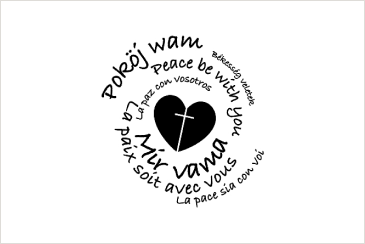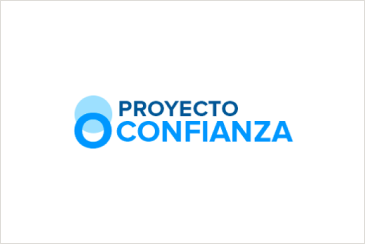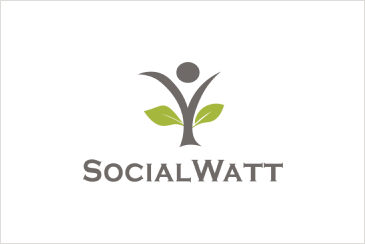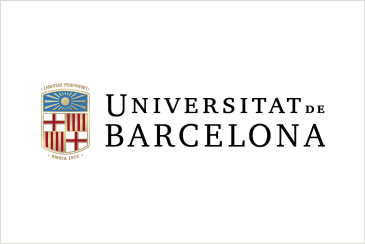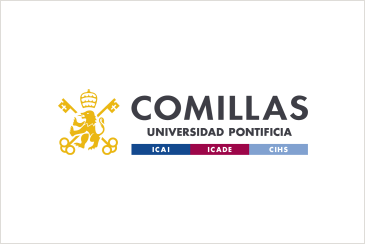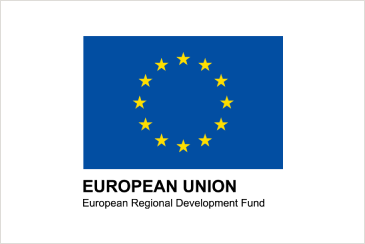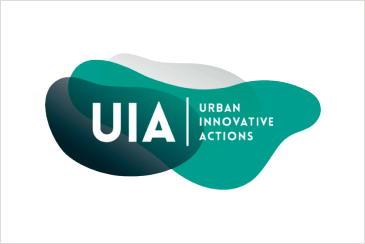Our priority, social initiatives and energy vulnerability
We help to alleviate energy vulnerability through training, direct action with volunteers and home renovation.
We direct our social action to measures to help alleviate energy vulnerability, through training, direct action with volunteers and energy rehabilitation of homes. And we do all this in collaboration with the Third Sector.
For almost 30 years, we have carried out social awareness and outreach programmes for the communities where Naturgy operates. This means that we have an impact on the social problems that are important for the country where we operate.
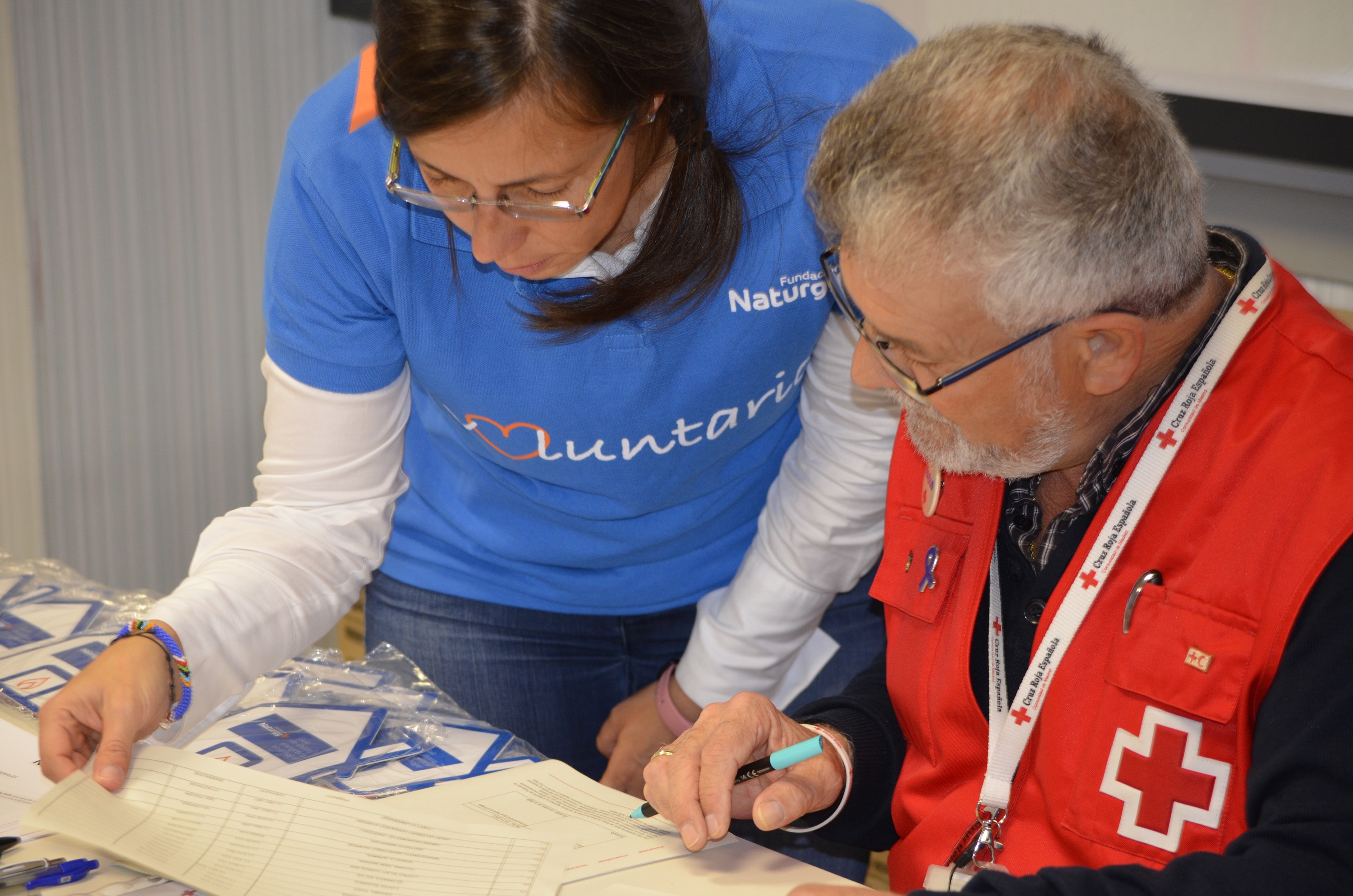
Our programmes

Energy Rehabilitation Solidarity Fund
The solidarity initiative improves the working conditions of people and families in a vulnerable situation by renovating their homes.

Energy School
The school educates social workers of public organisations, NGOs and families in energy matters with the aim of improving the quality of life of people in a vulnerable situation.

Energy Volunteering
Solidarity and commitment drive our voluntary employees to directly advise people in a situation of energy vulnerability.
Our initiatives
Seminars on energy poverty
Since 2018, we have held an annual seminar on energy poverty. It is an interdisciplinary collaborative work space, where research or action proposals on energy vulnerability are presented.
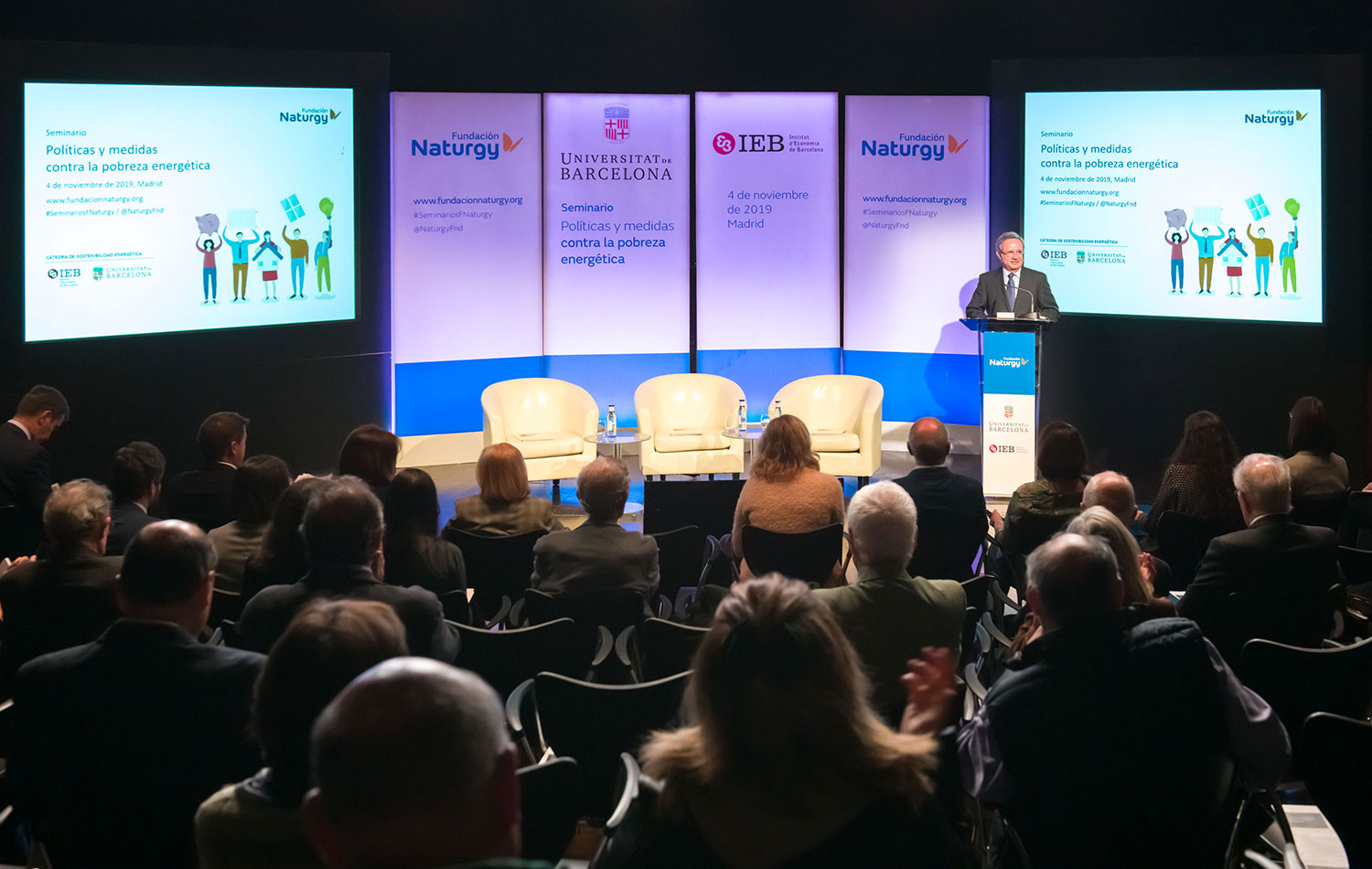
The aim is for participants to share enriching experiences with visions from other disciplines.
These events are attended by national and international representatives from the academic, business, governmental and social worlds in order to encourage social debate on this issue.
Among those attending the conference, professionals and representatives of the third sector, consultancy, the energy sector, the administration, the university and the field of research stand out.
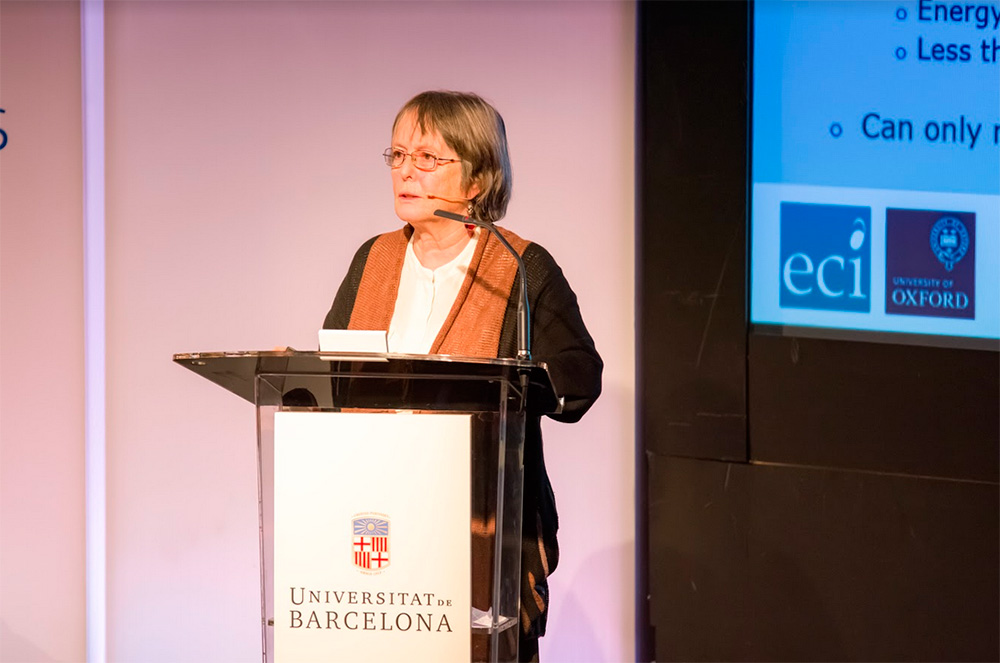
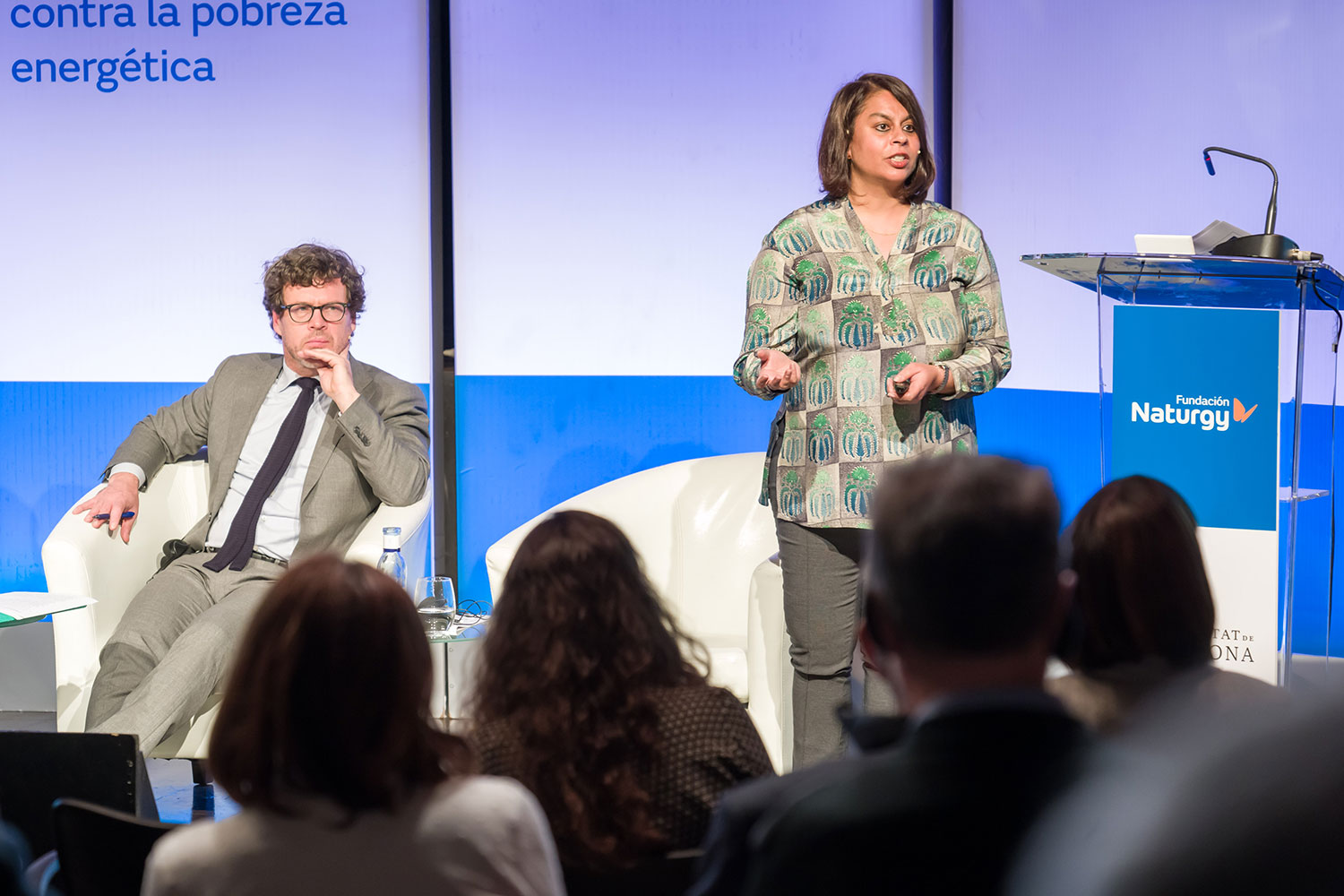
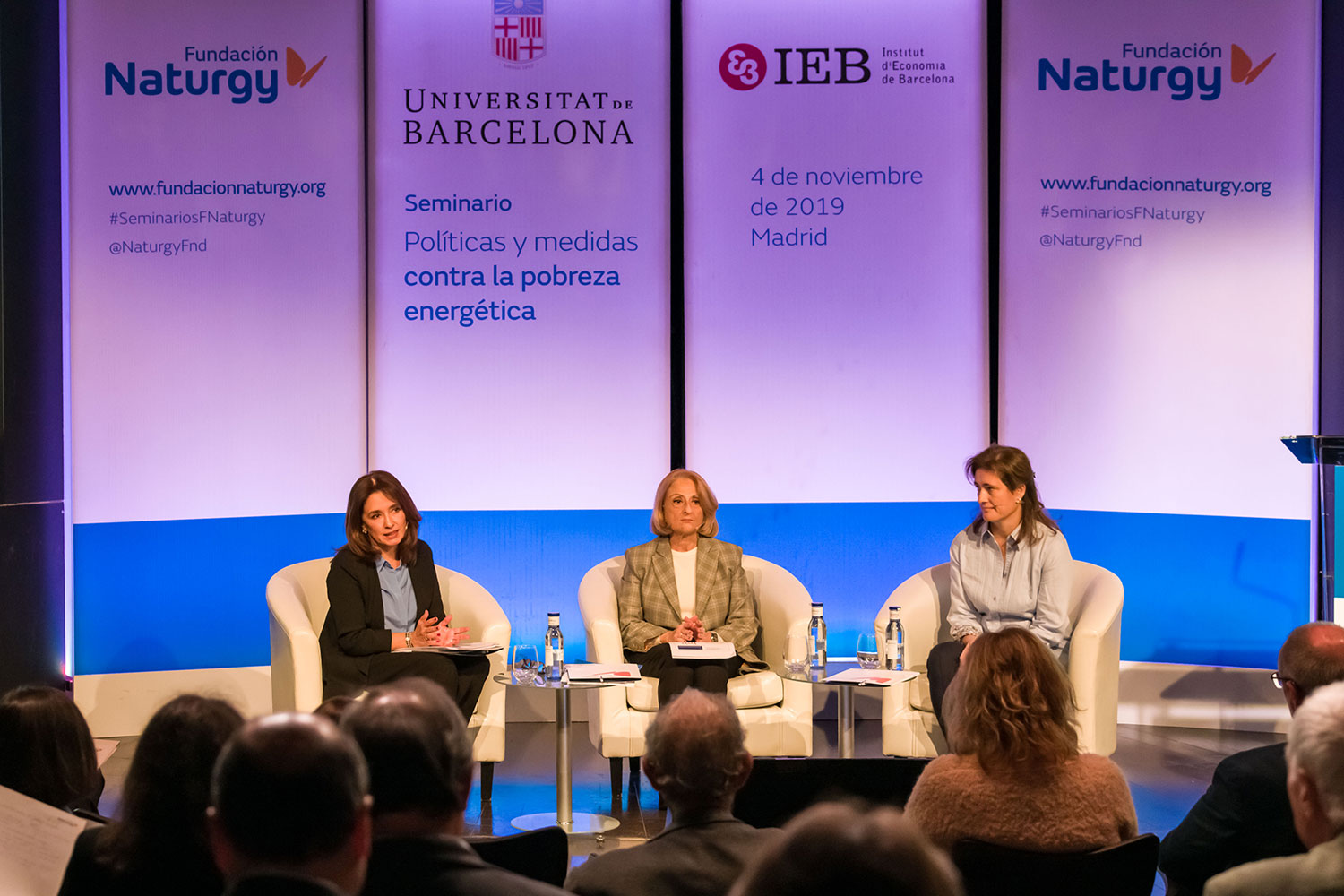
Researching for solutions
One of the premises for tackling energy poverty with solutions that really get the desired results is research. That is why we promote studies that analyse this problem and propose lines of action for both companies and social organisations, as well as for government bodies.
‘Energy Poverty in Europe: A Comparative Analysis’ Study (2020)
Conducted by the Chair of Energy Sustainability at the IEB-University of Barcelona.
The document compares the energy poverty policies of Germany, France, the United Kingdom, Portugal and Spain, and proposes actions to advance in the eradication of this problem, which has been worsened by the consequences of the Covid-19 pandemic. The authors call for the implementation of structural measures with a medium- and long-term impact that involve improved energy efficiency, renewable energies and changes to consumers’ energy habits, with the aim of improving polices to combat energy poverty.
In 2018 (the last year that the five countries reported data), 9.1% of Spanish homes were not at an appropriate temperature (the EU average is 7.3%) and 7.2% were late paying their bills (the EU average is 6.6%).
In Portugal, 19.4% of homes were not at an appropriate temperature and 4.5% were late paying their bills; in France the figures were 5% and 6.4%, respectively; in the United Kingdom both were at 5.4%; and Germany had the lowest figures at 2.7% and 3%, respectively.
Estudio ‘La pobreza energética en España: Aproximación desde una perspectiva de ingresos’ (2019)
Elaborado por la Cátedra de Sostenibilidad Energética del Instituto de Economía de Barcelona de la Universidad de Barcelona.
La investigación plantea una aproximación a la pobreza energética desde la vertiente de los ingresos de los hogares, en base al análisis económico de la relación entre la pobreza energética, el consumo energético y los elementos vinculados a la renta de las familias.
- El nivel educativo, la situación de desempleo y el género femenino del sustentador principal, en familias monoparentales o unipersonales, son determinantes de la pobreza energética.
- El 22,1% de los hogares españoles en situación de pobreza energética cuentan con personas desempleadas, frente al 7,1% de los hogares que no se encuentran en estas circunstancias.
- Según la investigación, un 8,3% de media de los hogares españoles se encontraba en situación de pobreza energética entre los años 2011 y 2017.
Estudio ‘Re-habilitación exprés para hogares vulnerables. Soluciones de bajo coste’ (2017)
Elaborado por la Universidad Politécnica de Madrid.
El objetivo de la investigación es avanzar hacia posibles mejoras en las condiciones de bienestar térmico y en la evaluación del consumo energético en climatización de las viviendas habitadas por familias en situación de pobreza o vulnerabilidad energética, así como proporcionar soluciones de bajo coste, de aplicación rápida y sencilla, que mejoren las condiciones de confort de estas personas.
El libro propone 77 medidas de bajo coste para rehabilitar hogares vulnerables, a partir un análisis realizado en cuatro ciudades españolas (Madrid, Barcelona, Sevilla y A Coruña).
Una reforma exprés en un hogar madrileño, con 7 soluciones de las propuestas en este estudio, aumentaría un 22% los días de bienestar al año sin consumir energía; evitaría las temperaturas por debajo de los 10ºC; y reduciría los días por encima de los 29ºC, durante todo el año.
Chair of Energy and Poverty at the University of Comillas
Since 2017, we have been one of the main sponsors of the Chair of Energy and Poverty at the Universidad Pontificia de Comillas, in addition to being a member of its advisory committee.
The Chair of Energy and Poverty aims to make a substantial contribution to the solution to energy poverty, based on a long history of research into our country’s great social challenges carried out at Comillas Pontifical University.
In 2019, the Naturgy Foundation hosted the interdisciplinary seminar where the Ministry for the Ecological Transition and Demographic Challenge (MITECO) presented the National Strategy to tackle Energy Poverty. Both the Chair of Energy and Poverty and the Naturgy Foundation played an active role throughout the whole consultation period for this strategy.
European projects
We are part of two consortiums that are leading the research and implementation of innovative measures in energy poverty. These are the Energy Poverty Intelligence Unit initiatives in Getafe and Social Watt, which have received funds from the ERDF and Horizon 2020 program.
SocialWatt
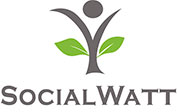 The aim of the SocialWatt project is to encourage the “obligated parties” to take innovative measures to alleviate energy poverty.
The aim of the SocialWatt project is to encourage the “obligated parties” to take innovative measures to alleviate energy poverty.
- Develop and provide the tools needed by energy and energy service companies to make an effective commitment to their customers and work together to alleviate energy poverty.
- In accordance with Article 7 of the Energy Efficiency Directive, allow the “obligated parties” to develop, adopt, try and disseminate innovative measures to alleviate energy poverty throughout Europe.
- Develop decision-making support tools to identify vulnerable customers and decide on, implement and monitor an action plan.
- Establish partnerships with energy companies and the social services.
- Implement and replicate innovative actions to alleviate energy poverty.
![]() The SocialWatt social project has received funding from the EU research and innovation programme Horizon 2020, under grant arrangement 845905.
The SocialWatt social project has received funding from the EU research and innovation programme Horizon 2020, under grant arrangement 845905.
Energy Poverty Intelligence Unit en Getafe
![]()
![]()
This project aims to reduce energy poverty in the municipality of Getafe by using technology, developing new solutions and applying custom-made measures adapted to vulnerable groups.
- Proactively identify cases of hidden energy poverty (HEP) in Getafe and break the stigma of energy poverty.
- Use technology to more effectively identify HEP and offer more efficient services.
- Design more proactive and direct services that take direct action against HEP, taking into account the particular characteristics of each vulnerability pattern.
- Try out custom-made measures to evaluate their effects on energy poverty related to heat and cold.
- Improve the quality of life of the people affected by energy poverty.
- Develop a “returns” system so that the beneficiaries can pay for the solutions implemented in their homes according to their possibilities.
- Encourage different areas of the Town Hall to collaborate and work horizontally.

Telephone service
If you are a Third-Sector entity and want to find out more about energy vulnerability, you can call us on: 900 444 000
